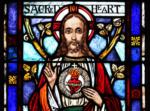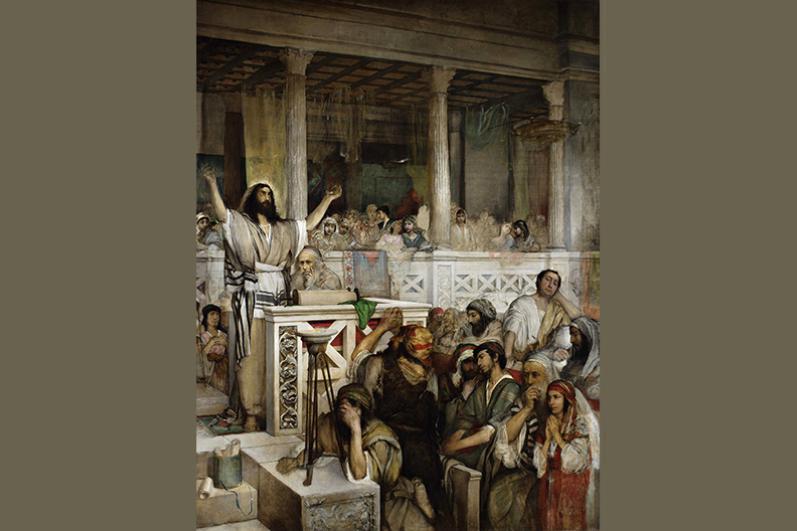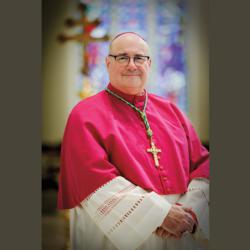Scripture reflections for Nov. 5, Thirty-first Sunday in Ordinary Time
Mal 1:14b-2:2b, 8-10
Ps 131:1, 2, 3
1 Thes 2:7b-9, 13
Mt 23:1-12
A good teacher can influence a student in profound ways. Think back to a teacher who may have shaped or transformed the direction of your life. Perhaps it was a grade schoolteacher, a sports coach, a priest, or a mentor whose words and actions served as powerful teaching moments. A teacher's encouragement to a failing student, or loving discipline to a disobedient child, can inspire and challenge them while setting them on a lifelong path of success. Throughout life, we need such teachers who show a better way, a positive path, and the way of wisdom rooted in God's word to face the challenges and opportunities of each day.
In the Gospels, Jesus is given the title of "teacher" some 50 times. This Gospel image of Jesus is both familiar and comforting as we hear the disciples, and the crowds acknowledge the teaching authority of Jesus. Even the Pharisees and the Sadducees address Jesus as a wise teacher. And at particularly important moments, Jesus calls himself "teacher," as when he said, "you call me teacher and Lord, and you are right, for so I am." (John 13:13-14).
As we ponder God's word, we know that Jesus is unlike any other teacher or wise leader. As the Son of God, Jesus' teaching authority and message is profoundly different from other human teachers, no matter how skilled or endearing. In Pope St. John Paul II's 1979 exhortation, "On Catechesis in Our Time," he wrote, "the Person teaching in the Gospel is altogether superior in excellence to the 'masters' in Israel, and the nature of his doctrine surpasses theirs in every way because of the unique link between what he says, what he does, and what he is."
In the first reading from the book of Malachi, the priests of the people hear words of encouragement and warning. To the extent that they have abandoned their role as teachers of the covenant they now hear these words of warning, "You have turned aside from the way, and have caused many to falter by your instruction; you have made void the covenant of Levi."
The responsorial psalm and second reading invite us to reflect on the image of a mother who teaches her children with tender care and love. In the same way, God teaches us, not by way of harsh judgment or condemnation, but in the path of divine mercy and loving forgiveness. God, as teacher, desires our friendship and invites us time and time again on the path of communion with him and neighbor.
In the Gospel, Jesus offers two teaching moments. First, Jesus challenges the hypocrisy of the Pharisees whose words and actions do not match. And then Jesus encourages a model of servant leadership for anyone who teaches others in his name. The Pharisees placed heavy burdens of the backs of the people while they enjoyed the benefits of their role as teachers. Their preaching did not match their practice.
Jesus points both in his words and actions to the path of humble servant leadership.
Every teacher can imitate Jesus, the master teacher, as he shows the way of humility and self-sacrificing love. We become the best teachers when we humble ourselves before God and resolve to serve others with our gifts and talents. For as Jesus reminds his disciples, "you have but one master, the Christ. The greatest among you must be your servant. Whoever exalts himself will be humbled; but whoever humbles himself will be exalted."
May we learn to imitate Jesus the teacher by growing in humility and the desire to serve others within the community of the church, as we pray, "speak to me, Lord."
Question: How does the image of Jesus' servant leadership speak to you today?



















